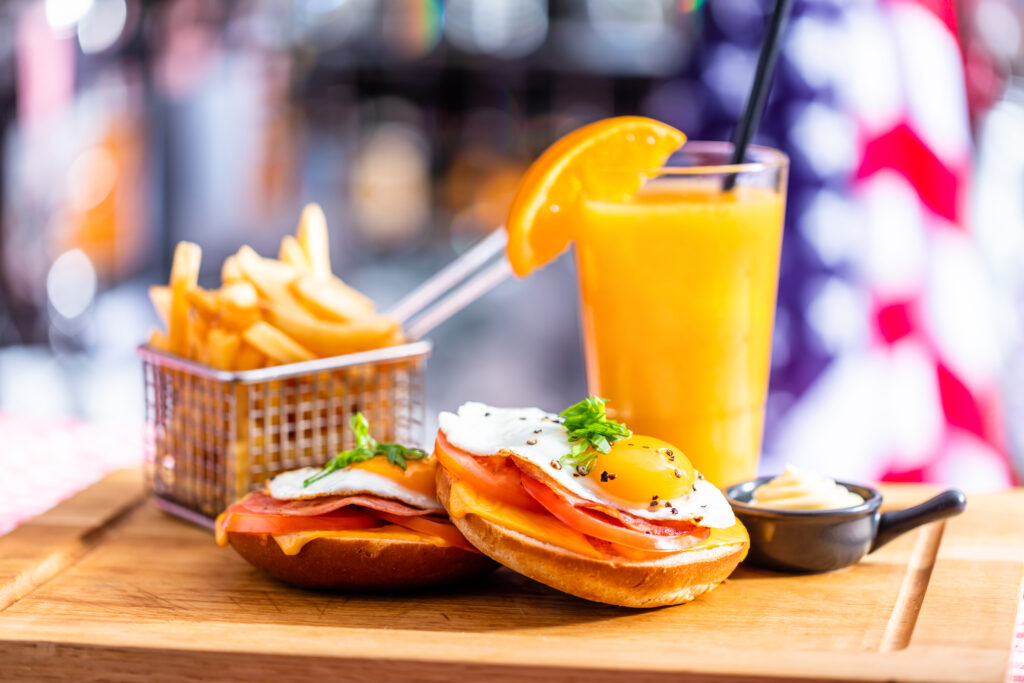Water is an essential component in the food and beverage industry, serving various purposes such as processing, cleaning, and cooking. It plays a crucial role in ensuring the safety and quality of food products while also affecting their taste, texture, and appearance. However, the availability and quality of water can pose challenges for the industry, particularly in areas with water scarcity or contamination issues.
Understanding the impact of water on the food and beverage industry is crucial for stakeholders to make informed decisions and implement sustainable practices. This article delves into the various ways water affects the food and beverage industry and the measures taken to address its challenges.
How Water Is Used in the Food and Beverage Industry
Water is used in various ways in the food and beverage industry, including:
1. Processing: Water is used in many food processing methods, such as washing, blanching, boiling, and steaming. It helps to remove impurities, soften and cook food, and preserve the quality of the final product.
2. Cleaning: Water is used to clean equipment, utensils, and surfaces in food processing and preparation areas to maintain hygiene and prevent contamination.
3. Cooling: Water is used to cool down heated products during the production process.
4. Steam Generation: Water is used to generate steam for cooking, sterilization, and cleaning.
5. Ingredient: Water is also an important ingredient in many food and beverage products, such as soups, sauces, and beverages.
6. Quality Control: Water is used to test the quality and safety of food products, such as checking for contaminants and measuring pH levels.
Challenges Relating to Water
The food and beverage industry faces several challenges related to water, including:
1. Water Scarcity: In many regions worldwide, water scarcity is a significant issue, and the food and beverage industry is one of the most significant water users. This makes it challenging to secure a sufficient water supply for production, cleaning, and other processes.
2. Water Quality: Water quality can impact the safety and quality of food products. Contaminated water can cause foodborne illnesses and affect the taste and appearance of food and beverages.
3. Cost: Water is a significant cost factor for the food and beverage industry, and the increasing cost of water can impact profit margins and sustainability.
4. Wastewater Management: The food and beverage industry generates a considerable amount of wastewater, which can contain organic matter, nutrients, and other pollutants that can harm the environment. Proper wastewater management is crucial to minimize the impact on the environment.
Measures Taken to Address Water Challenges
The food and beverage industry has taken several measures to address water challenges, including:
1. Water Conservation: Companies are implementing water conservation practices, such as reducing water usage, recycling water, and using water-efficient equipment.
2. Water Treatment: Companies are investing in water treatment technologies to improve the quality of water used in production processes and reduce the risk of contamination.
3. Sustainable Sourcing: Companies are sourcing water sustainably and engaging in water stewardship practices to ensure the long-term availability of water resources.
4. Wastewater Management: Companies are implementing wastewater treatment and reuse systems to minimize the impact of their operations on the environment.
How Water Affects the Food and Beverage Industry_ A Guide
Water is a vital component in the food and beverage industry, playing a crucial role in production processes, cleaning, and quality control. However, water challenges, such as scarcity and quality, can pose significant risks to the industry. Companies are taking measures to address these challenges, such as water conservation, treatment, and sustainable sourcing. By implementing sustainable practices, the food and beverage industry can ensure the long-term availability and quality of water resources while also meeting the needs of consumers worldwide.
If you need a New York water system, contact New York WaterMaker. Our product will change the world by allowing restaurants, pizzerias, bakeries, bagel stores, etc., and franchisors to replicate the specific type of water used in a key geographic location, such as New York City, San Francisco, or another city or town. Replicate New York bagels and other dishes from around the world when you get your own New York WaterMaker today!

